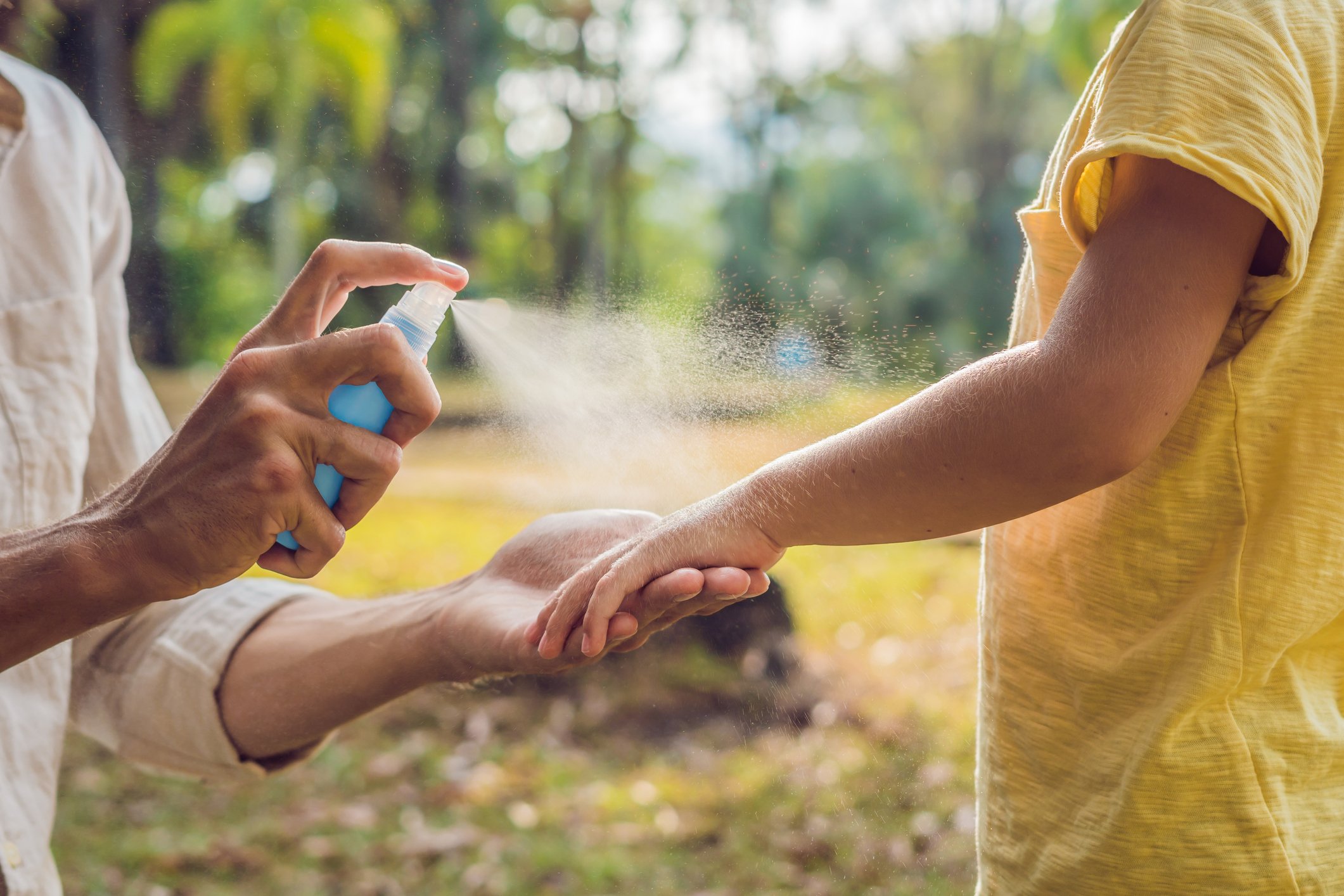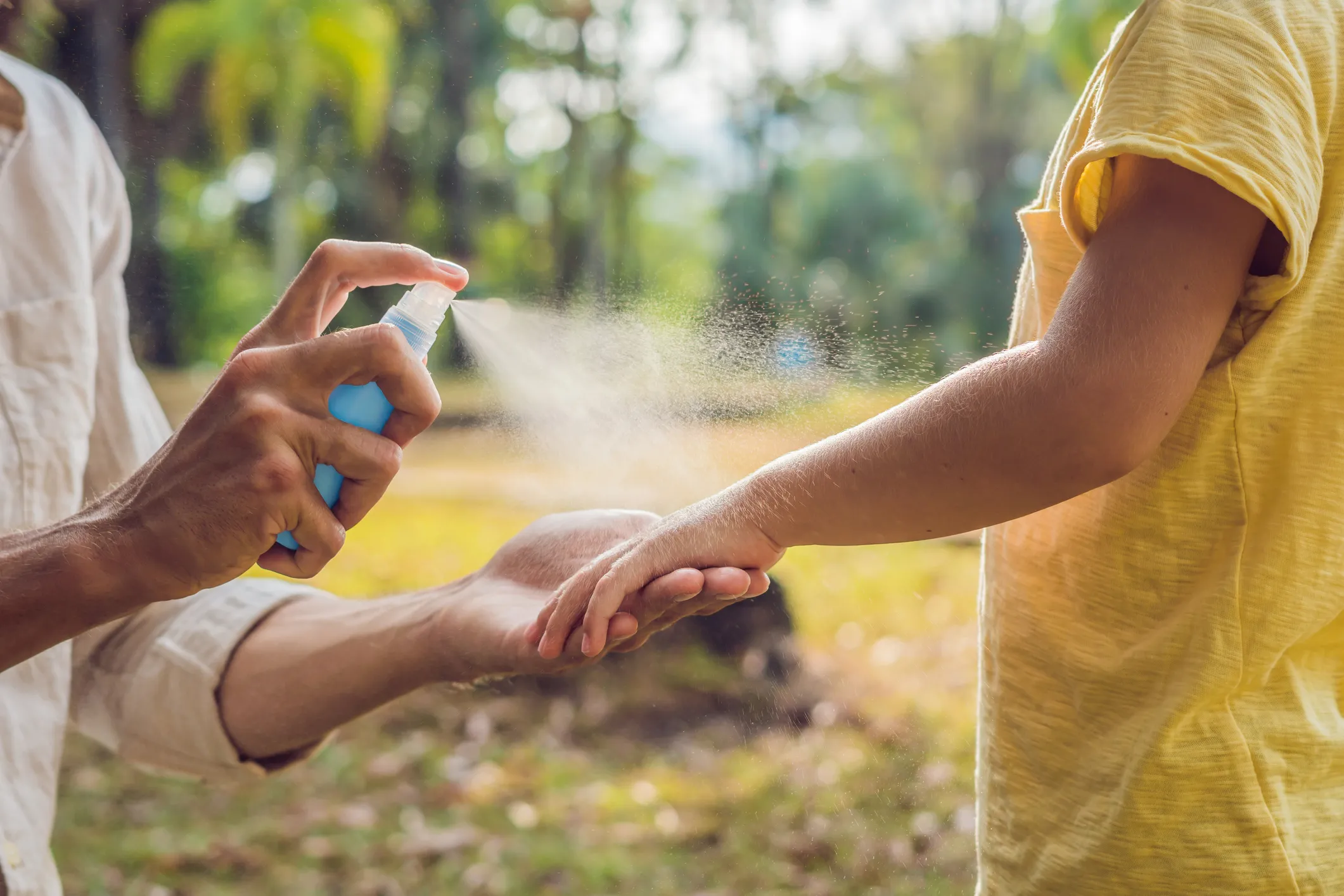Summer Bites & Wound Care
Summer bites, burns and cuts.
We all know that minor scrapes, bumps and bruises are a part of life. But oftentimes, the pain, inconvenience and cost of seeking medical care outweigh the health concerns about the injury itself. It’s not always easy to judge the severity of a minor wound, so patients tend to wait to seek medical attention – sometimes until that minor problem has become a major one. Whether the wound is minor or major, appropriate action is key.

Dealing with burns.
The most important thing to remember is that sunburns are entirely preventable. With the appropriate shade, clothing and sunscreen, these painful burns don’t have to be part of your summer. Unfortunately, accidents happen, and a bad sunburn can cause serious symptoms, including:
- Chills
- Dizziness
- Rapid breathing
- Nausea
- Extreme thirst
- Faintness
- Rash
Fortunately, if not severe, sunburns can be treated with over-the-counter solutions.
Dealing with bug bites.
Insect bites may be uncomfortable, but most are harmless and can be avoided with proper insect repellent and protective clothing. However, some insect bites can result in severe reactions, especially with the presence of an allergy. Seek emergency care for insect bites if you are experiencing chest pain, swelling of the face, turning blue, nausea, cramps, vomiting or are having difficulty swallowing or breathing.
Minor and serious cuts.
A minor cut or scrape will typically heal without medical intervention, but deep puncture wounds are at high risk for infection. Puncture wounds made by nails, teeth or knives are more susceptible to tetanus as the infectious bacteria is most commonly found in soil, dust, manure and saliva. Adults who have not had a tetanus vaccine in 10 years, or children who have not yet been vaccinated should seek immediate professional attention to avoid infection if affected.
Taking extra precaution.
People with certain medical conditions such as diabetes, nerve damage and vascular disease as well as the elderly and those who have had radiation therapy should pay close attention to wounds for signs of infection or failure to heal – especially those on the legs.
The skin is your fortress.
When skin is broken or compromised by burns, bites or cuts, it allows germs to enter your body, making you much more susceptible to infection. Minor wounds will generally heal on their own, but every wound needs care to prevent infection. By staying vigilant, you can help keep you and your family safe, happy and healthy all summer long.
Featured Image

Dr. Anthony Viol is a board-certified plastic surgeon and a Medical Director at Chesapeake Regional Medical Center’s Advanced Wound Care & Hyperbaric Center. Dr. Viol received his medical degree from Eastern Virginia Medical School in Norfolk, Va., where he also completed a residency program in general surgery. He completed a fellowship in plastic surgery at Duke University in Durham, N.C. and has vast experience caring for slow-to-heal wounds and the surgical treatment of skin concerns.